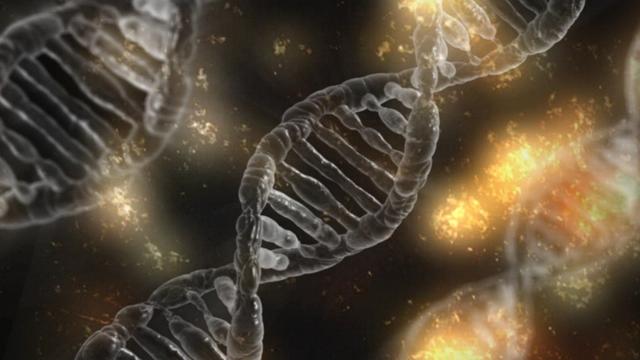Can you marry your own cousin? And are your children at risk of genetic problems?<
You might think that Darwin, as the founder of evolutionary biology, should have known that marrying a close relative and having children with her is not exactly the best idea. Mating with closely related individuals in nature leads to the fact that genes degenerate and deadly mutations arise, Business Insider emphasizes.
So the question is – how dangerous is it to marry your own cousin?
In the Czech Republic, it is not illegal for cousins to marry. In our country, the crime of incest applies only to siblings and relatives in the direct line. Perhaps in the USA, however, such a marriage is illegal in 24 states.
It should be noted, however, that in the West of Europe it was not uncommon in the past to marry a more distant family member. A typical example is the nobility, where such marriages were common. Even ordinary villagers often married those who lived nearby – who were often distant relatives. Between 1650 and 1850, the average married couple was fourth-generation relatives, meaning they shared a great-great-great-grandparent, the site says. Translated into the language of genetics - they shared 0.2 percent of their DNA.
Third cousins share 0.78 percent of DNA and second cousins (when their grandparents were siblings) share 3.13 percent of DNA. Cousin and cousin are then related III. degrees – and have an eighth of their genes in common (12.5 percent).
Read also:

The more DNA a man and a woman share, the more likely their offspring will develop genetic problems and diseases. The genetic risk resulting from consanguineous marriages or relationships is related to the existence of so-called recessive genes. The closer the relationship, the higher the probability that both partners are carriers of the same recessive genes.
Recessive genes can transmit both positive things, such as musical talent, as well as congenital defects - cystic fibrosis, the so-called salty children's disease, is most often transmitted in this way.
However, the risk is only slightly greater than with unrelated partners. Statistically speaking, the offspring of first cousins are 1.7 percent more likely to have birth defects than the general average. This is a similar risk to children of mothers over 40.
Read also:
And how big is the risk?
If a cousin and a cousin have a baby, there is a four to seven percent chance that it will have problems, according to researchers. In the general population, however, it is three or four percent. However, a problem would arise when a cousin's child would marry a cousin and their child would marry a cousin again.
Instead of "new blood" coming in, the old would be "recycled" in children and this would really lead to degeneration. So if an individual wants to marry a cousin, it should not become a "family tradition".


 Tags:
Tags: Prev
Prev







